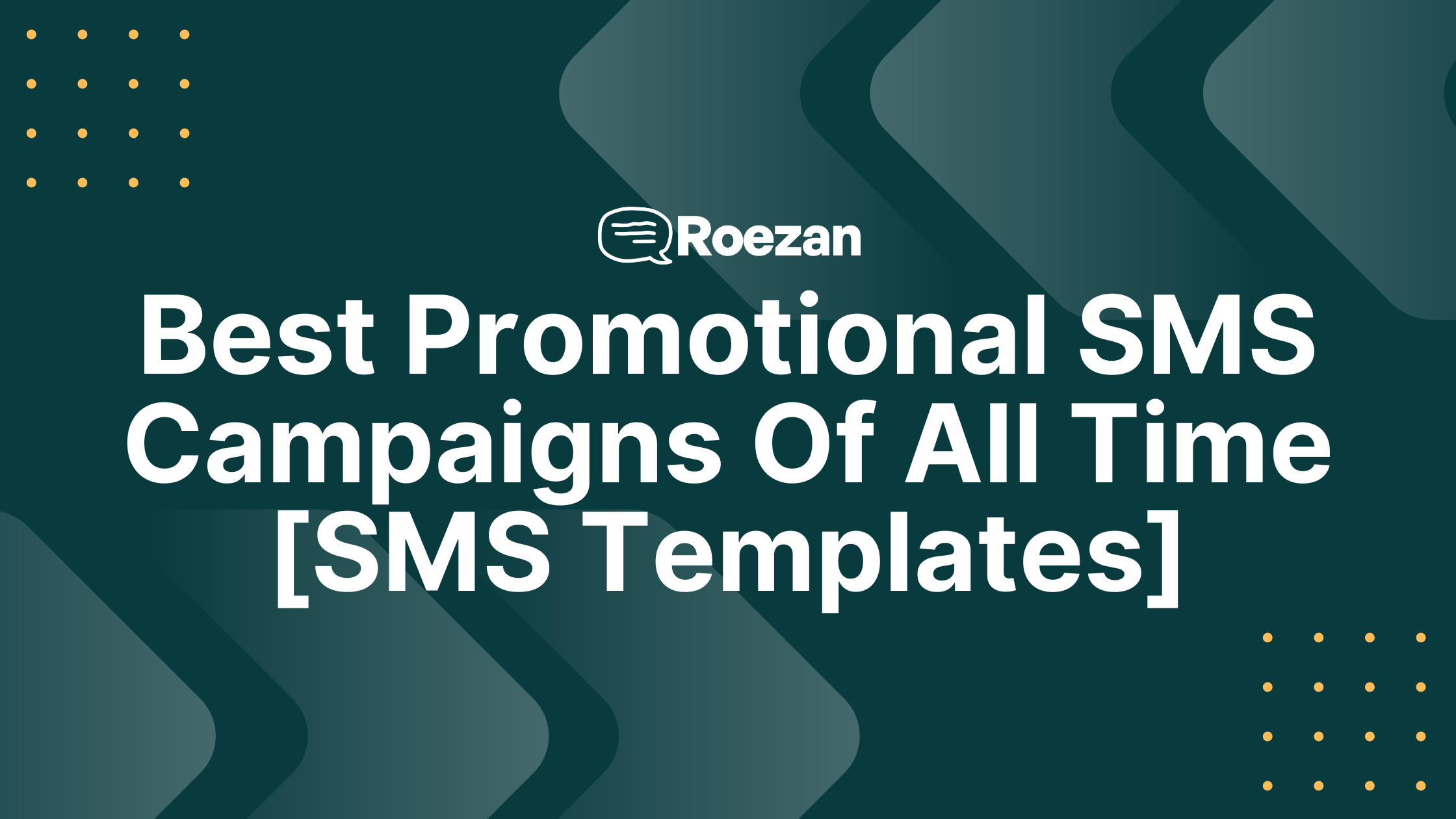With the growth of e-commerce, businesses are constantly looking for ways to increase sales and better engage with customers. In today's digital age, SMS marketing has emerged as an effective tool for online retailers to reach customers directly on their mobile phones. In this article, we will explore the benefits of SMS marketing for e-commerce and how businesses can use this channel to boost sales and retention.
Why SMS Marketing for E-Commerce?
SMS marketing is a powerful tool for e-commerce businesses to connect with customers and drive sales. Consider these statistics:
- 90% of SMS messages are read within three minutes
- 98% of all text messages are opened
- Text messages have a 209% higher response rate than phone, email, or Facebook
- 57% of consumers say that receiving a text message from a brand has led them to make a purchase
These statistics highlight the potential of SMS marketing as an effective way to reach customers and increase sales. SMS marketing allows businesses to send highly targeted, personalized messages directly to customers' phones, providing a direct line of communication that can drive conversions and build loyalty.
5 Ways to Use SMS Marketing in E-Commerce
There are a variety of ways that e-commerce businesses can use SMS marketing to boost sales and retention. Here are five key strategies:
1. Abandoned Cart Recovery
One of the biggest challenges that e-commerce businesses face is abandoned carts. It is estimated that approximately 70% of all online shopping carts are abandoned before the checkout process is complete. SMS marketing can help to address this issue by sending personalized messages to customers who have left items in their cart, reminding them of their purchase and offering special promotions or discounts to encourage them to complete the transaction.
2. Personalized Promotions
With SMS marketing, e-commerce businesses can send highly targeted and personalized promotions to customers. These messages can include special offers, discounts, or exclusive deals to incentivize customers to make a purchase. Personalized messaging is key to building a relationship with customers and can help to drive sales and build customer loyalty.
3. Event Notifications
E-commerce businesses can use SMS marketing to notify customers of upcoming events such as flash sales, new product launches, or limited-time promotions. These notifications can be personalized based on customer preferences and can help to create a sense of urgency, encouraging customers to make a purchase before the event ends.
4. Shipping and Delivery Updates
One of the most important parts of the customer experience in e-commerce is shipping and delivery. SMS marketing can help to keep customers informed of the status of their order, providing updates on shipping and delivery times. This helps to create a positive customer experience and can increase repeat purchases and customer loyalty.
5. Customer Feedback and Reviews
Finally, SMS marketing can be used to solicit customer feedback and reviews. By sending personalized messages asking customers to rate their experience or leave a review, e-commerce businesses can gather valuable feedback and insights that can be used to improve the customer experience and drive sales.
Best Practices for SMS Marketing in E-Commerce
While SMS marketing can be a powerful tool for e-commerce businesses, it is important to follow best practices to ensure a successful campaign
- Get permission: Always ask for permission before sending SMS messages. This is not only good practice but also required by law in many countries
- Segment your audience: Segment your audience based on interests, preferences, and purchase history, and target your messages accordingly
- Keep it short: SMS messages have a character limit, so make sure your messages are concise and to the point
- Personalize your messages: Use customer data to personalize your messages and make them relevant to each recipient
- Include a clear call-to-action: Make sure your messages include a clear call-to-action that encourages customers to take the desired action
- Monitor your results: Track your SMS campaigns and adjust your strategy based on the results to optimize your performance</li></ul>
Conclusion
SMS marketing is a powerful tool for e-commerce businesses to connect with customers, drive sales, and build loyalty. By following best practices and implementing effective strategies such as abandoned cart recovery, personalized promotions, event notifications, shipping and delivery updates, and customer feedback and reviews, businesses can use SMS marketing to increase sales and retention in online retail.



